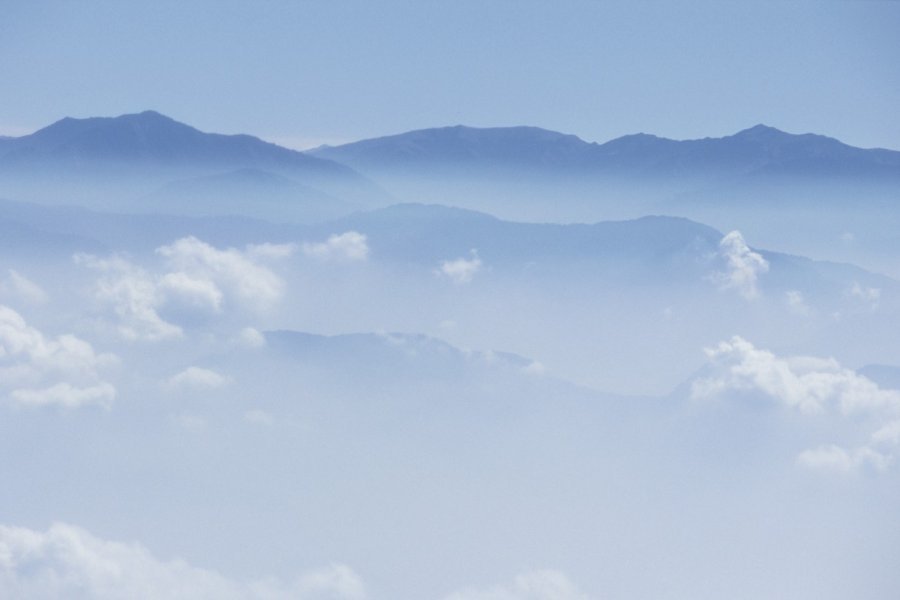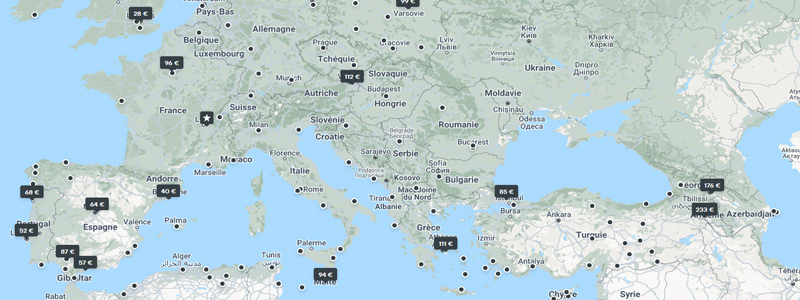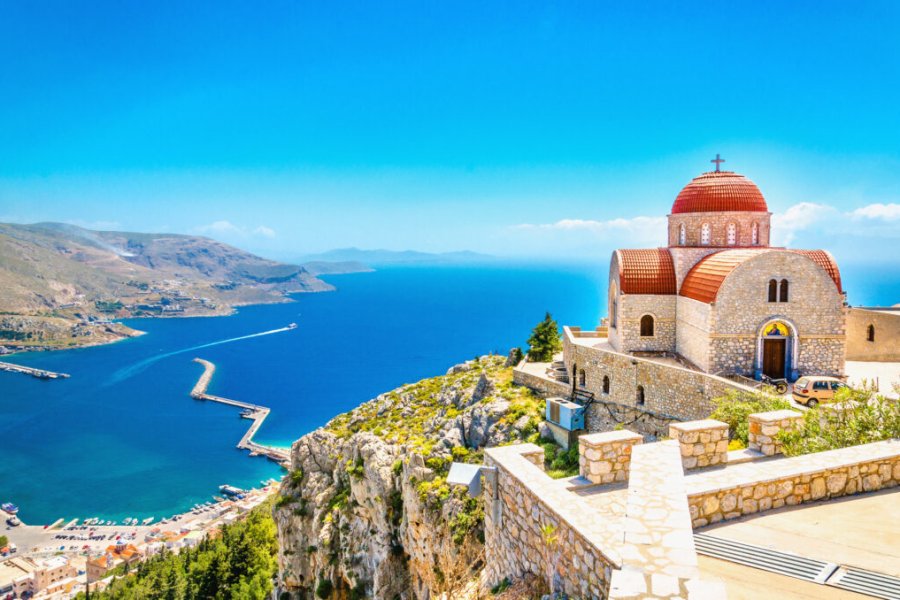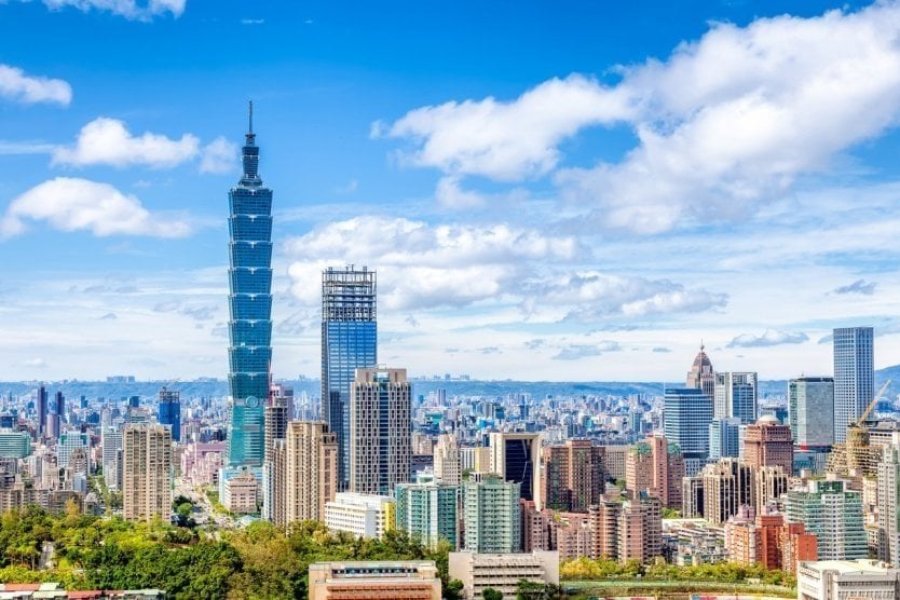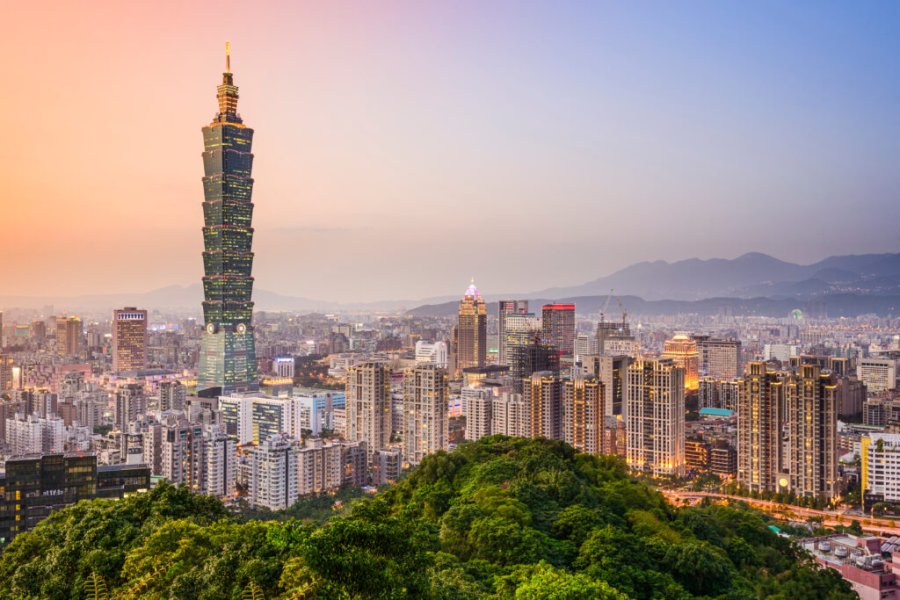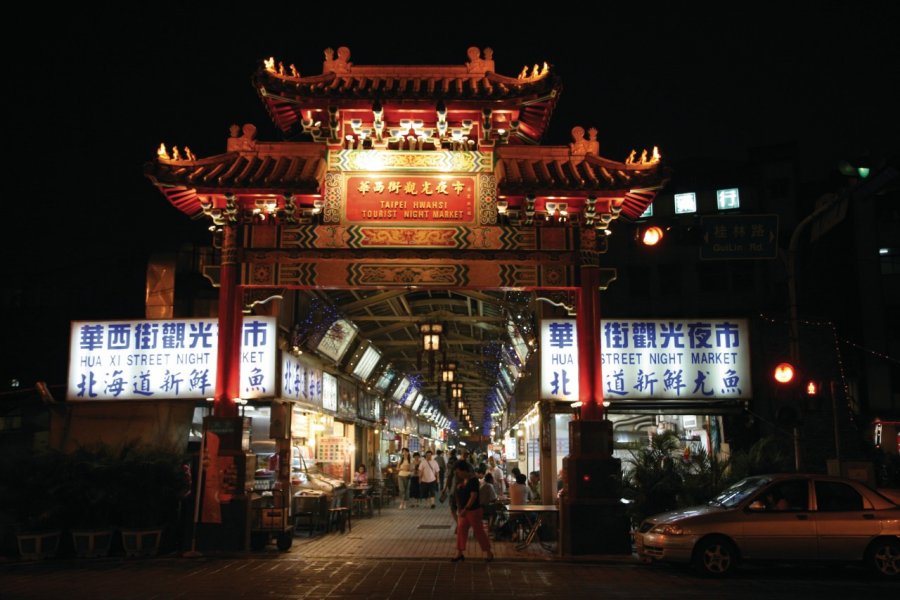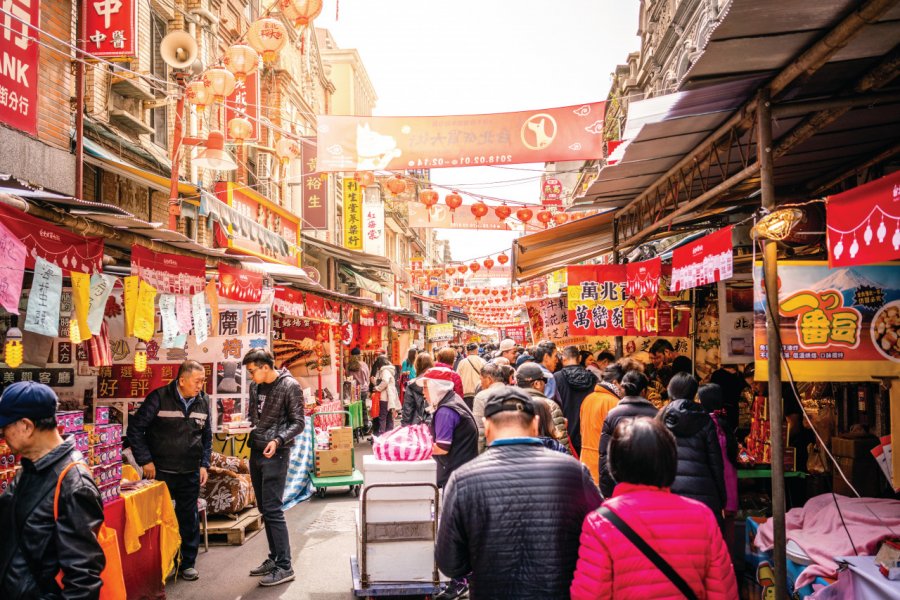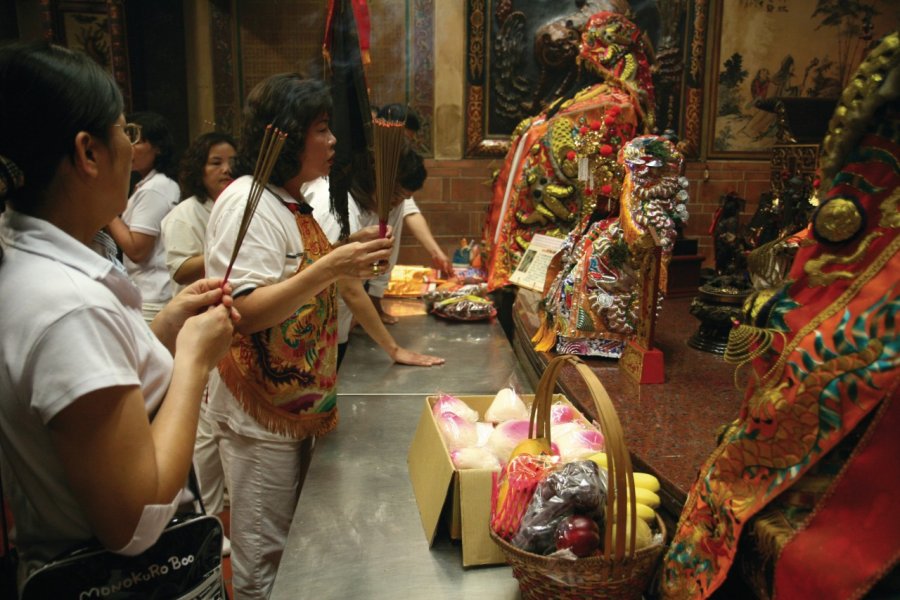Travel guide Taiwan
If there is one singular destination in East Asia, far from the usual prejudices, it is the island of Taiwan. No man's land diplomacy, its status is controversial - both Chinese and deeply influenced by a half-century Japanese occupation - and the idea of it - big soulless cities and huge ubiquitous factories - is quickly dissipated as soon as the land of this magnificent country with its exuberant nature and extremely rich Aboriginal heritage is stepped on! It is not without reason that the Portuguese, when they arrived on the island, named it Ilha Formosa (the beautiful island). A land of human contrasts and nature, Taiwan's tour guide will take you from the north - its historic sites and steep hills - to the centre of the island where the flora, sometimes exuberant, sometimes alpine, covers the peaks of the Yushan National Park, which culminate at over 3,000 metres. A visit to the capital Taipei is of course essential (accompanied by his travel guide), for his Tower 101 long remained the highest building in the world. To the south between Kaosiung and Kenting, a tropical climate prevails, and underwater life is tremendously rich. Visitors to Taiwan often report the same impression: you come here a little by chance, you return there for love (and always with your favourite travel guide). 台灣歡迎您 ! Welcome to Taiwan!
What to see, what to do Taiwan?
-
Book an activity
-
Customized travel
- The most beautiful cities Taiwan
When to go Taiwan ?
When to go to Taiwan? There are two best times to discover Taiwan: March to May and September to November, when temperatures are mild. Avoid September and October, the typhoon season, which is particularly frequent and violent every year. In the best years, there are only one or two, but this number sometimes rises to a dozen... Winter (December-January) can be rainy in the north. When to go to Taiwan? In spring and autumn!
Suggested addresses Taiwan
Travel Taiwan
-
Find a hotel
-
Car Rental
-
International e-SIM package
-
Find a local agency
Find unique Stay Offers with our Partners
How to go Taiwan
How to go alone
The average price of a France-Taipei flight is 600 euros in low season and 1,100 euros in high season. It should be noted that the price variation depends of course on the company borrowed but, above all, on the time required to book. To obtain attractive rates, it is essential to do so well in advance. Remember to buy your tickets six months before departure!
Finally, it should be noted that it is now possible to transit through China, via Beijing, Shanghai or Canton, using Chinese companies.
How to go on a tour
It is quite possible to go to Taiwan as part of an organized trip, as French-speaking tour operators covering the destination are legion! Whether it's a honeymoon, a vacation with family or friends, or a discovery tour, all combinations are possible to get to know Taiwan. What's more, an organized trip has the advantage of often being less expensive than a trip organized by oneself.
How to get around
Transport infrastructure in Taiwan is very good. The networks cover a large part of the country, which makes travel easier. Transport prices are moderate, especially bus fares. For a journey by metro, the price of the ticket is calculated according to the distance to be covered. The public transport network (buses, metros, ferries, etc.) is very well organised. On the other hand, private cars do not have the same efficiency, since traffic in large cities is very often congested by cars, taxis and scooters.
Featured articles Taiwan
Discover Taiwan
It's hard to imagine that an island as small as Taiwan, especially when compared to mainland China, could offer so much diversity to travelers curious to discover the archipelago. Although isolated until the beginning of the modern era, Taiwan soon found itself at the crossroads of maritime routes between Europe, China and Japan. Colonized on numerous occasions, whether by the Dutch, the Han Chinese or the Japanese in the 19th century, the island is a veritable cultural melting pot: hot springs and spa treatments are a legacy of the Japanese period, the temples found in every village symbolize the religious syncretism practiced by its inhabitants, and the contrast between modern cities and rural countryside is truly astonishing! You can also explore majestic mountains, picturesque beaches and dense jungle, offering a variety of landscapes in a single trip.
Pictures and images Taiwan
The 12 keywords Taiwan
1. #Betelnut

You can't miss these neon-covered stores, where scantily-clad young girls bait the shoppers. They sell binlang (betel nut), a stimulant chewed like gum. Truck drivers use it extensively on long-haul journeys. These lucrative businesses are run by Aborigines.
2. #Bubble Tea
Bubble tea, originally from Taiwan, is an iconic drink combining tea, milk and tapioca pearls. Created in the 1980s, it offers an infinite variety of flavors and textures. Served hot or cold, it has become a symbol of Taiwanese culture, appreciated by locals and tourists alike.
3. #Convenient store
The corner convenience store. Strictly speaking, because on every street corner there's... a 7/Eleven, or one of its competitors! Generally smaller in size, they sell everyday items and, as their name no longer suggests, are open 24 hours a day (instead of the 7 a.m. to 11 p.m. hours of the early days).
4. #Worship
Tolerance is certainly the religion shared by all Taiwanese. Cults from all over the world are represented here, but even more astonishingly, in the same temple, Taoist and Buddhist gods are celebrated simultaneously. A particularly captivating atmosphere reigns in these places of prayer, which are exceptionally well attended.
5. #Dumplings
Taiwanese ravioli, often called dumplings, are an essential Taiwanese specialty. They consist of a thin dough enveloping a filling of pork, shrimp or vegetables, then steamed, boiled or fried. Served with soy sauce and vinegar, these delicacies are popular in the island's night markets and restaurants.
6. #Karaoke

From a Japanese word meaning empty or wordless music. Indicated by KTV signs, these nightclubs are equipped with an audio-video system enabling anyone to sing their favorite hits in public or in private. It's a favorite form of entertainment for many Taiwanese, and often a must before signing a contract!
7. #Mandarin

This word of Portuguese origin originally referred to the senior officials of the former China. Mandarin is also the officially spoken language in Taiwan, as opposed to dialects such as Taiwanese or Hakka (both derived from the Han language, but from its derivative in Fujian province, which belongs to the Min subcategory).
8. #Mazu
The goddess of the sea is the most respected deity in Taiwan. More than 500 temples are dedicated to her. According to legend, Mazu lived in Fujian province in the 10th century. Her real name was Lin Mo, and she is said to have drowned one stormy night while trying to rescue a sailor. Later that same night, several sailors were said to have seen her ghost.
9. #Source
After Japan, Taiwan is the country richest in natural hot springs. There are about a hundred sites that can be cold, hot or salt water springs. They often spring up in beautiful natural settings. The culture of bathing developed especially in Taiwan during the Japanese colonization.
10. #Pads
In the Chinese tradition, everyone signs with a stamp in red ink, usually carved in wood, stone or jade. Representing highly "stylized" characters that are difficult to read, even for the most experienced Chinese speakers, these stamps are highly aesthetic, and their very low price makes them a typical and original souvenir.
11. #Tea

Considered by the British to be the champagne of teas - no mean compliment when you consider the importance of tea time in the UK - Oolong ("black dragon") has the particularity of being a partially fermented tea, somewhere between green and black teas. A trademark unique to the island or to mainland China.
12. #Stinky tofu
Taiwanese stinky tofu is a fermented food with a strong taste and smell. Despite its off-putting smell, it's much appreciated for its crispy exterior and soft interior. Served fried, grilled or in soup, it is often accompanied by pickled vegetables and hot sauce, offering a unique experience.
You are from here, if...
If you wait your turn in the metro queue and don't occupy the seats reserved for the elderly and pregnant women once inside.
If you feel obliged to take off your shoes as soon as you enter someone's home.
If you're a chopstick maestro.
If you can debate for hours about where to get the best beef noodles around.
If you're not afraid of getting drunk every time you sign a contract.
If the question of your identity plunges you into abysses of perplexity: are you Chinese, Taiwanese, both?
If you're patient enough to open a gift once the person you're talking to has left.
If you can remain patient and courteous in any situation.
If you can drink tea without interruption, at any time of the day or night.
If your great pleasure in life is taking a bath with friends in a hot spring.

